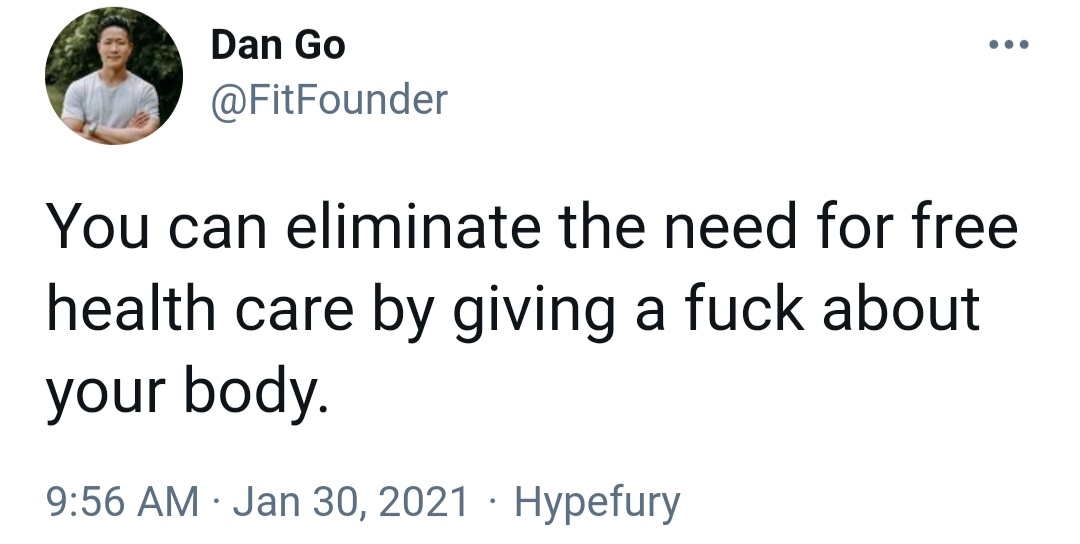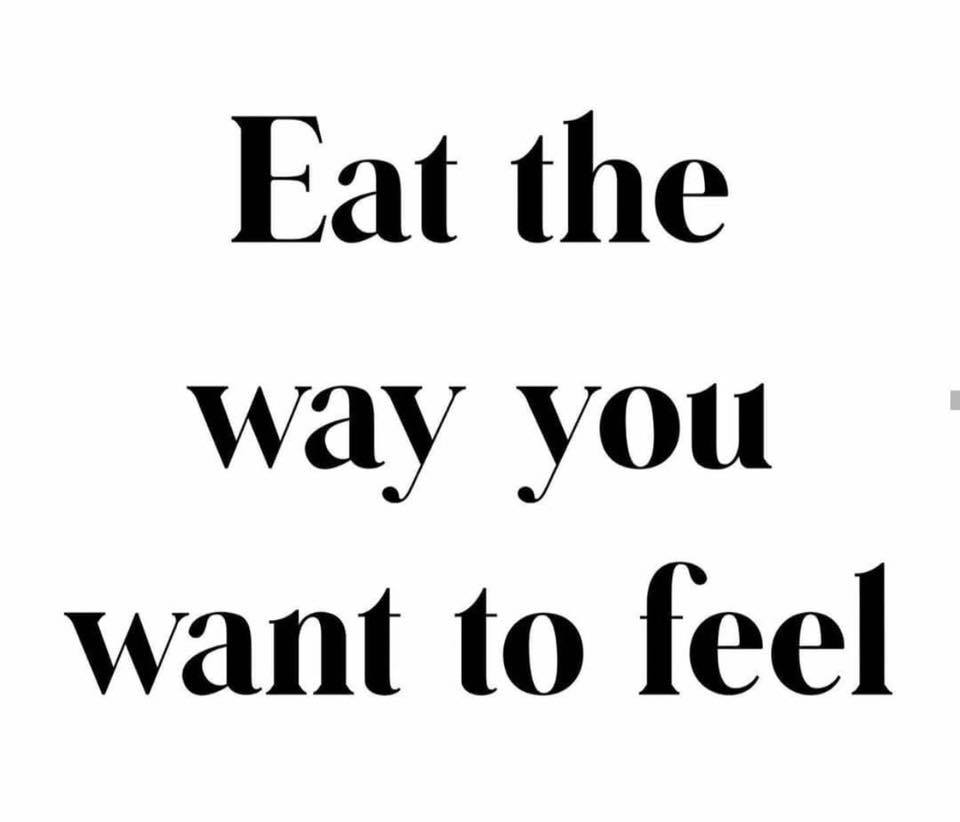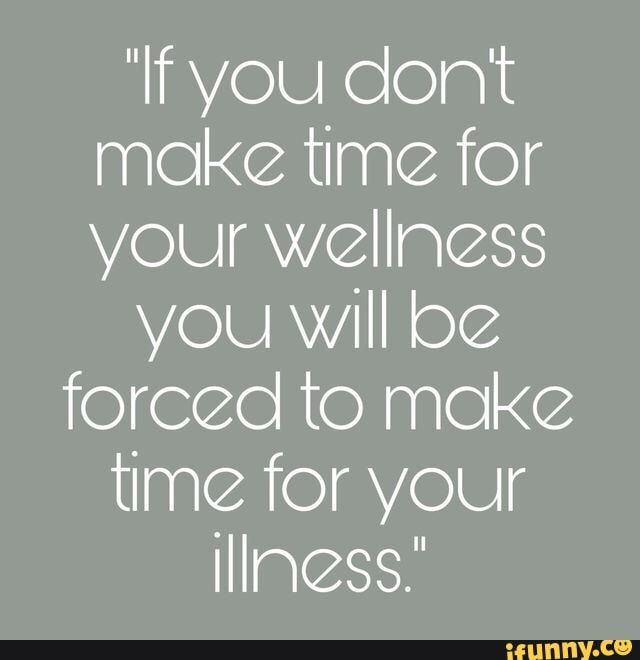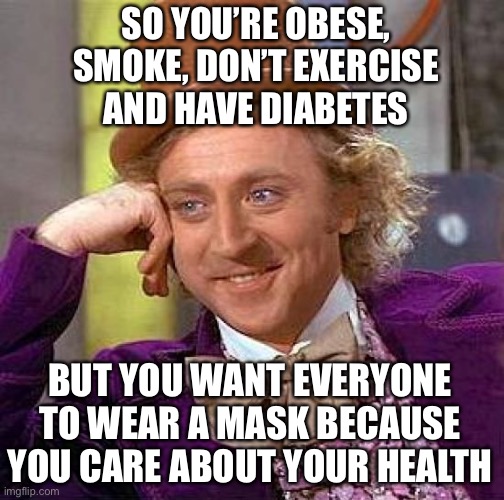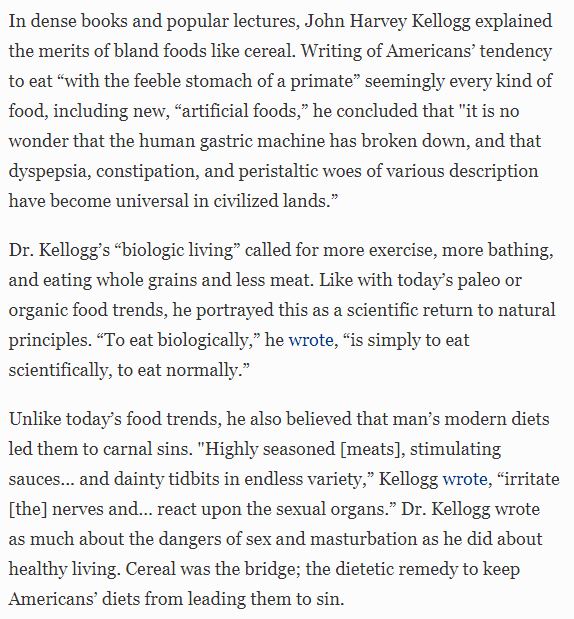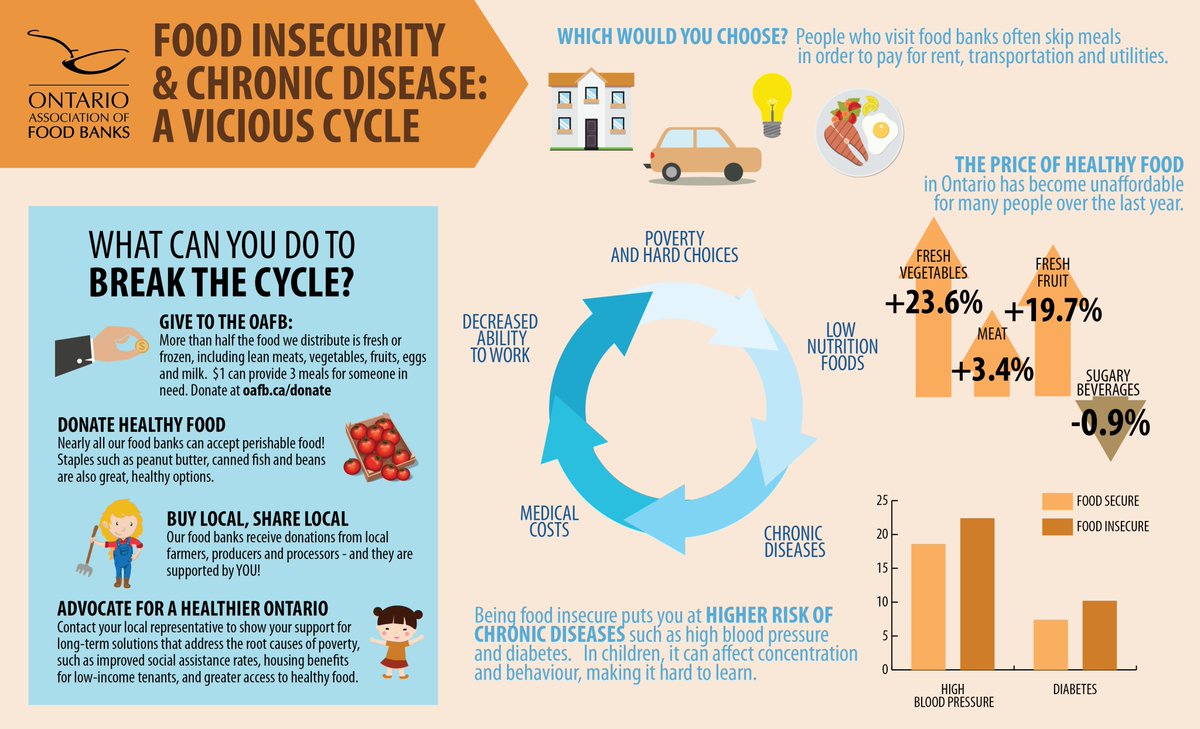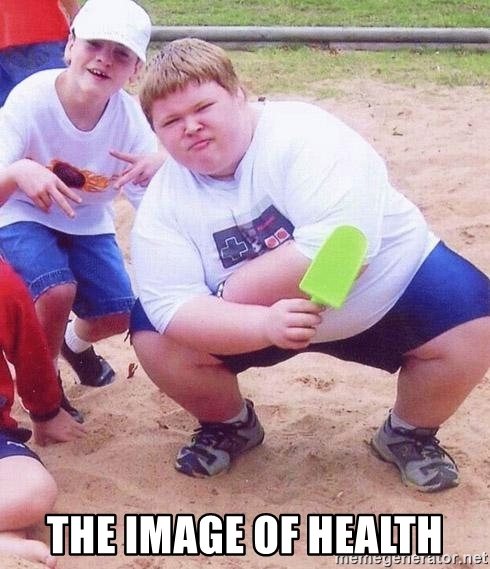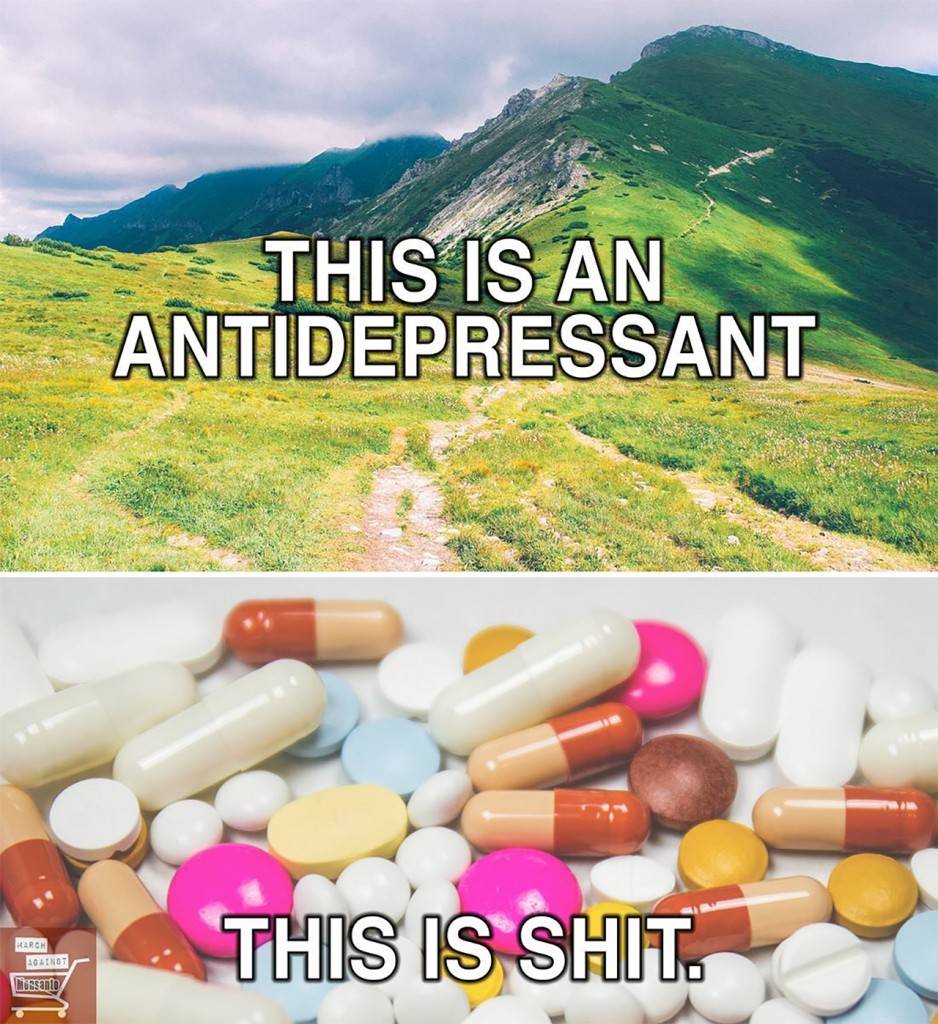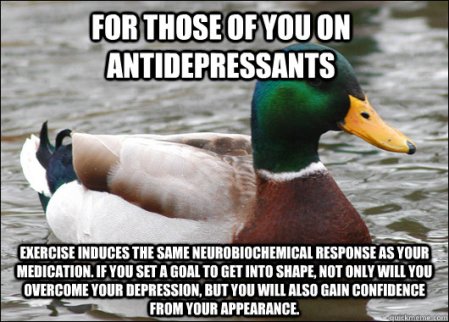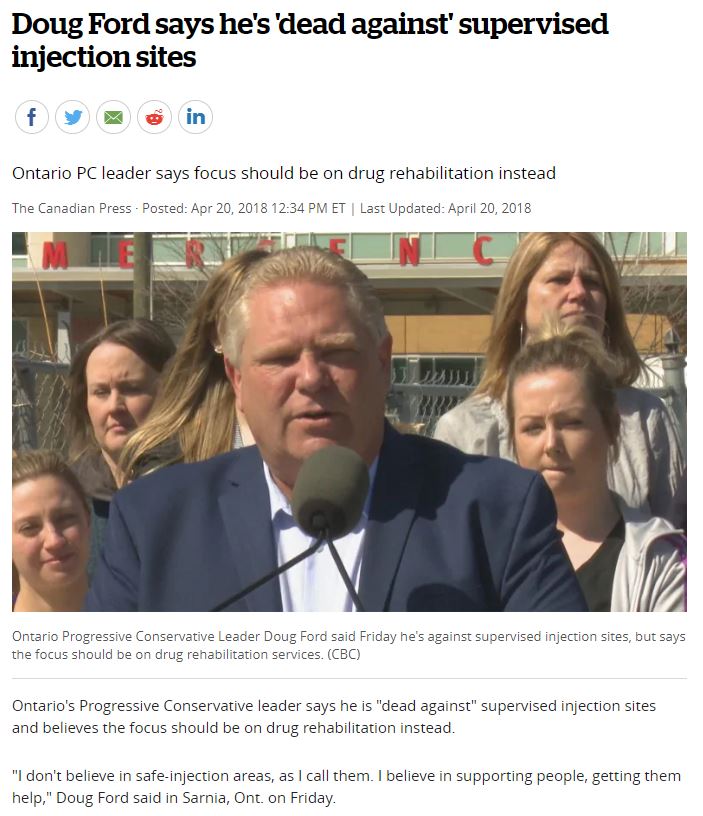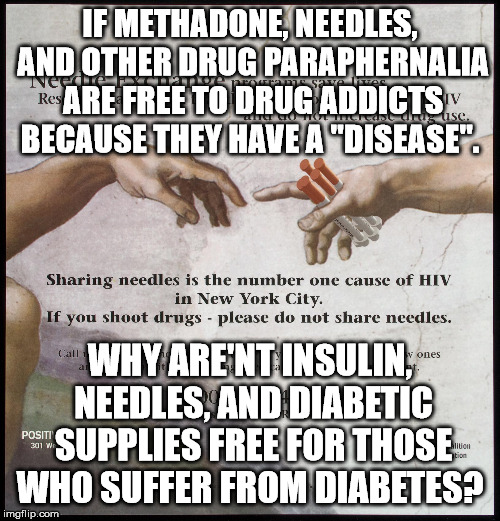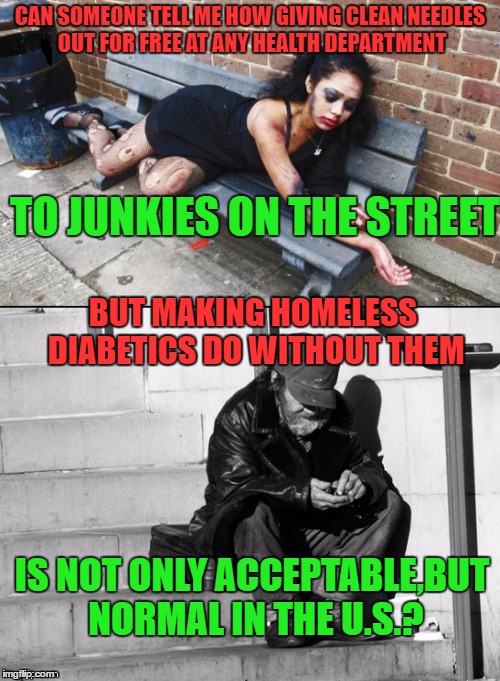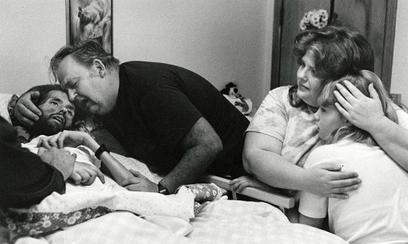Let’s talk about a common, problematic way that we conceive of “health.” Too often we equate the absence of illness with morality. This leads down many bad paths both on a personal and a policy level.
We need to be reminded periodically that health is not a moral virtue.
THREAD
We need to be reminded periodically that health is not a moral virtue.
THREAD
Diet & lifestyle are probably the most commonly moralized ideas around health. How many times have you heard disparaging comments about “lazy” people who “pop pills”? The notion being that meds are an easy substitute for the hard work of eating “clean” and exercising.
This creates a dichotomy: either you& #39;re virtuous don& #39;t take meds, or you& #39;re sick with vice & meds are the punishment you deserve.
It& #39;s a ridiculous idea. MANY conditions have nothing to do with lifestyle or even if they are improved by lifestyle change, meds are still necessary.
It& #39;s a ridiculous idea. MANY conditions have nothing to do with lifestyle or even if they are improved by lifestyle change, meds are still necessary.
These ideas are not new – they are some of the historical roots of medical grifting and snake oil selling. Over 100 yrs ago, a guy you might have heard of by the name of Kellogg led a pseudoscientific health movement that was fixated on virtuous eating.
The wellness industry inherited Kellogg’s moralizing on diet, only the aesthetic of the messaging and the ever changing “superfood” fads are different.
Lifestyle CAN cause illness, but selling a cure-all based on lifestyle change makes you a grifter.
Lifestyle CAN cause illness, but selling a cure-all based on lifestyle change makes you a grifter.
Remember that whenever we overemphasize individual behaviour as causative of health issues, we lose sight of the larger systemic factors that promote illness.
Poverty is a MAJOR contributor to illness and only persists because we don’t have robust policies to eliminate it.
Poverty is a MAJOR contributor to illness and only persists because we don’t have robust policies to eliminate it.
Fixation on diet also promotes fat shaming and fatphobia, neither of which improve the health and well-being of fat people and in many cases cause substantial harm – including WITHIN health care, where bias and discrimination based on patient weight is a very real problem.
Mental health is no stranger to moralizing stigma, of course. Similar to how lifestyle is judged we see the idea that avoiding meds make you a stronger & better person.
The view that mental illness is not real is part of the issue. Taking meds for a fake disease seems immoral.
The view that mental illness is not real is part of the issue. Taking meds for a fake disease seems immoral.
I can’t tell you how often my patients struggle b/c of these judgements.
No one agonizes over whether treating their psoriasis or cataracts makes them weak, but people will suffer b/c “I just want to fix this on my own” or “my family says I shouldn’t need happy pills.”
No one agonizes over whether treating their psoriasis or cataracts makes them weak, but people will suffer b/c “I just want to fix this on my own” or “my family says I shouldn’t need happy pills.”
On a policy level, moralizing attitudes on health are also harmful. Substance use is highly stigmatized, to the point that widely supported, evidence-based therapies for opioid addiction are continually rejected by policy makers. This stigma has caused untold suffering and death.
Reasons for not using therapies like supervised consumption are often thinly veiled hand-wringing over gov’t funding indulgence of vice.
After all, if vice is connected to poor health, how can it be possible to IMPROVE health through vice? It MUST be wasted $, and immoral too!
After all, if vice is connected to poor health, how can it be possible to IMPROVE health through vice? It MUST be wasted $, and immoral too!
There’s any even more sinister type of moralizing happening here too. One that devalues the lives of people deemed “addicts” and therefore makes life-saving treatment not really worth the time & effort.
Often comparison to a more "legitimate" (ie, less immoral) illness is made.
Often comparison to a more "legitimate" (ie, less immoral) illness is made.
I got into a painful debate on a friend’s FB about this meme a while back. Even after I explained the CLEAR PUBLIC HEALTH INTEREST in reducing spread of HIV & Hep C, the rebuttals still focused on people who inject drugs not “deserving” to get clean needles.
In other words, not only should we dismiss the health & safety of people we judge to be immoral, we must overlook EVERYONE’S risk from public health concerns like infectious disease. That’s cutting off your nose to make your face feel more virtuous.
Sound familiar, @erinotoole?
Sound familiar, @erinotoole?
I wrote this when @fordnation put supervised consumption site approvals "on hold."
The devaluing of lives parallels how gay men were treated during the early AIDS crisis. The catastrophic impact of HIV was ignored, mocked & moralized as just punishment. https://www.huffingtonpost.ca/michelle-cohen/doug-ford-opioid-aids-crisis_a_23529316/">https://www.huffingtonpost.ca/michelle-...
The devaluing of lives parallels how gay men were treated during the early AIDS crisis. The catastrophic impact of HIV was ignored, mocked & moralized as just punishment. https://www.huffingtonpost.ca/michelle-cohen/doug-ford-opioid-aids-crisis_a_23529316/">https://www.huffingtonpost.ca/michelle-...
I still remember Princess Diana making headlines for the simple act of touching HIV+ people without fear/hate.
This was one of many turning points in the AIDS crisis, based on the changing public perception of HIV+ people as actual human beings and not ciphers representing sin.
This was one of many turning points in the AIDS crisis, based on the changing public perception of HIV+ people as actual human beings and not ciphers representing sin.
Ok, takeaway points time:
 https://abs.twimg.com/emoji/v2/... draggable="false" alt="✅" title="Fettes weißes Häkchen" aria-label="Emoji: Fettes weißes Häkchen">health is not a moral virtue
https://abs.twimg.com/emoji/v2/... draggable="false" alt="✅" title="Fettes weißes Häkchen" aria-label="Emoji: Fettes weißes Häkchen">health is not a moral virtue
 https://abs.twimg.com/emoji/v2/... draggable="false" alt="✅" title="Fettes weißes Häkchen" aria-label="Emoji: Fettes weißes Häkchen">illness/disability is not a measure of a life’s value
https://abs.twimg.com/emoji/v2/... draggable="false" alt="✅" title="Fettes weißes Häkchen" aria-label="Emoji: Fettes weißes Häkchen">illness/disability is not a measure of a life’s value
 https://abs.twimg.com/emoji/v2/... draggable="false" alt="✅" title="Fettes weißes Häkchen" aria-label="Emoji: Fettes weißes Häkchen">policies have greater impact than individual behaviour
https://abs.twimg.com/emoji/v2/... draggable="false" alt="✅" title="Fettes weißes Häkchen" aria-label="Emoji: Fettes weißes Häkchen">policies have greater impact than individual behaviour
 https://abs.twimg.com/emoji/v2/... draggable="false" alt="✅" title="Fettes weißes Häkchen" aria-label="Emoji: Fettes weißes Häkchen">needing meds is not a moral failing
https://abs.twimg.com/emoji/v2/... draggable="false" alt="✅" title="Fettes weißes Häkchen" aria-label="Emoji: Fettes weißes Häkchen">needing meds is not a moral failing
 https://abs.twimg.com/emoji/v2/... draggable="false" alt="✅" title="Fettes weißes Häkchen" aria-label="Emoji: Fettes weißes Häkchen">certain diseases are not more deserving of treatment than others
https://abs.twimg.com/emoji/v2/... draggable="false" alt="✅" title="Fettes weißes Häkchen" aria-label="Emoji: Fettes weißes Häkchen">certain diseases are not more deserving of treatment than others
FIN
FIN
I turned this thread into a @Medium piece: https://twitter.com/Medium/status/1367588182871527424?s=19">https://twitter.com/Medium/st...

 Read on Twitter
Read on Twitter